Conflict
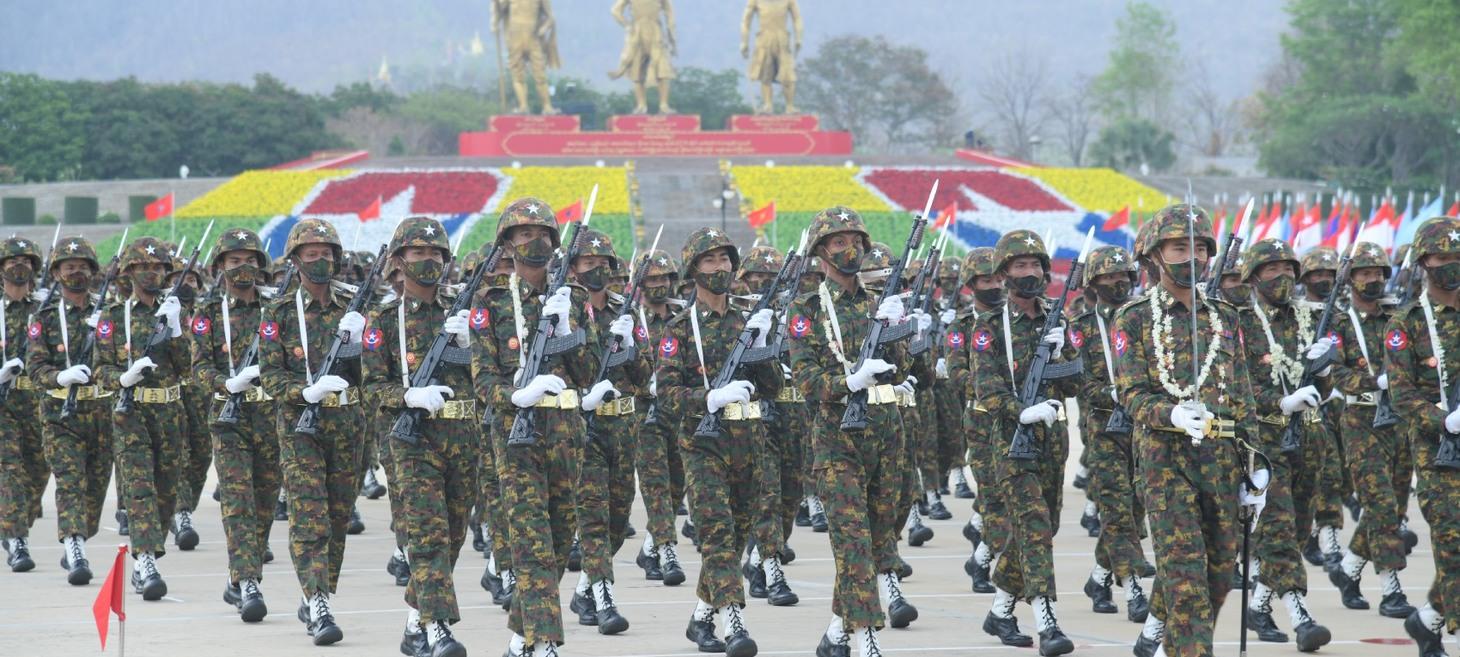
Reclaiming Autonomy: Challenging the Narrative of Fragmentation in Myanmar
The author critiques the commonly held view of Myanmar as a fragmented state marked by ethnic conflict. The author contends that this narrative serves the interests of those in power who use it to justify their control and suppress efforts toward autonomy. Instead, the piece emphasizes that Myanmar's various ethnic groups share common desires for self-determination and democracy. By shifting the focus from discord to these shared aspirations, the author advocates for a united approach to achieving autonomy and breaking free from the manipulative narrative of division.
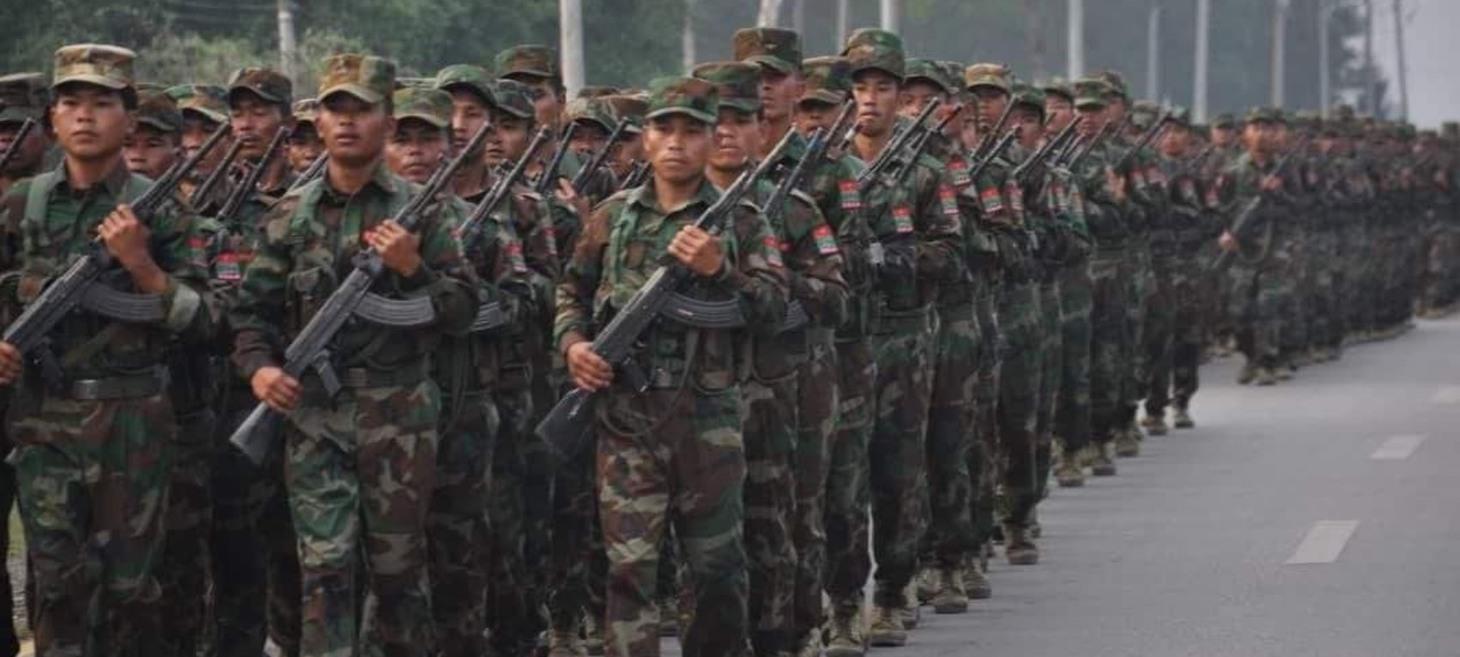
Residents Fear Resumption of Fighting in Myanmar's Northern Shan
Residents in Northern Shan State, Myanmar, are increasingly anxious about the potential resumption of armed conflict between the military and ethnic armed groups. Recent military build-ups and skirmishes have heightened fears among the local population, who are already suffering from prolonged instability and displacement. The ongoing tensions threaten to further disrupt their lives, exacerbating regional humanitarian issues. This situation signals a concerning escalation that could lead to more violence and hardship for the communities involved.
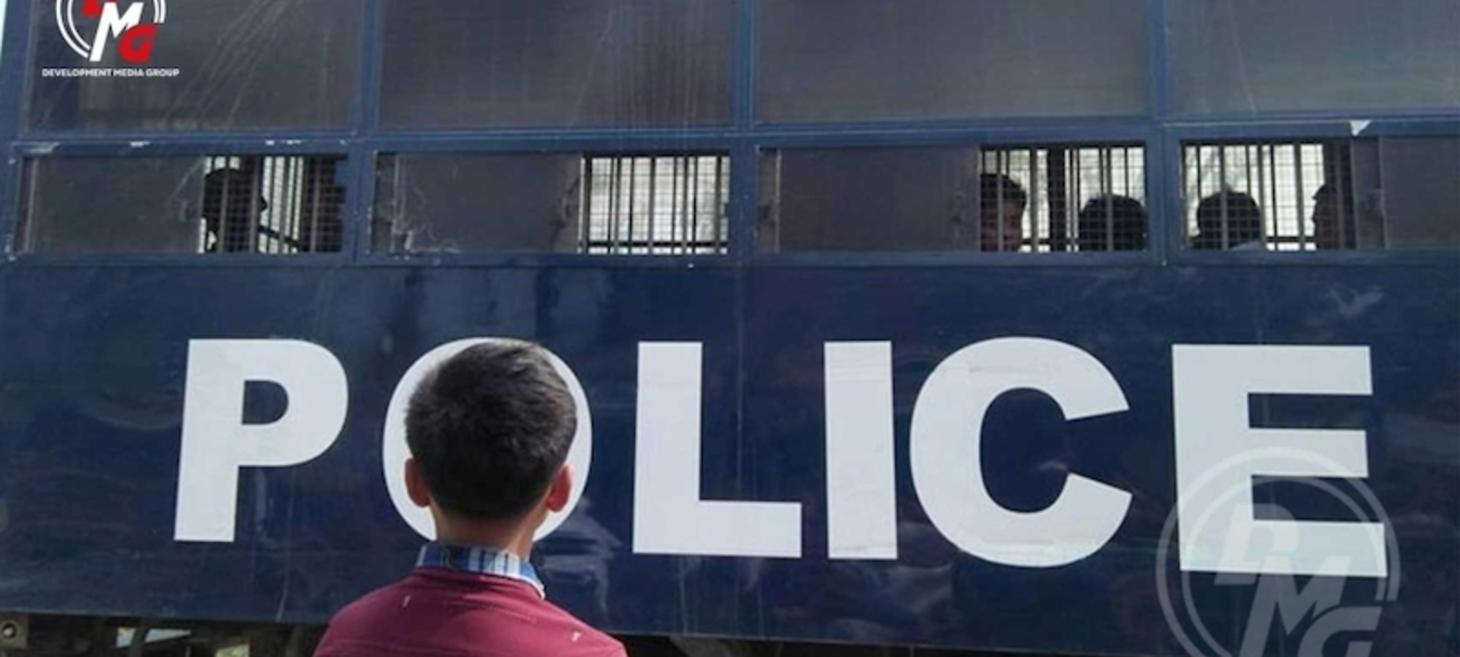
Myanmar: Junta Arrests Scores Of Residents In Sittwe
In Sittwe, the capital of Myanmar's Rakhine State, the military junta has recently arrested a large number of residents, escalating tensions in the region. The arrests are part of ongoing operations following a series of local attacks, with the junta targeting civilians under suspicions of supporting resistance groups. This crackdown has led to heightened fear and uncertainty among the local population, already burdened by the military's heavy-handed tactics and the ongoing conflict. The situation underscores the increasing repression and volatility under the junta's rule.
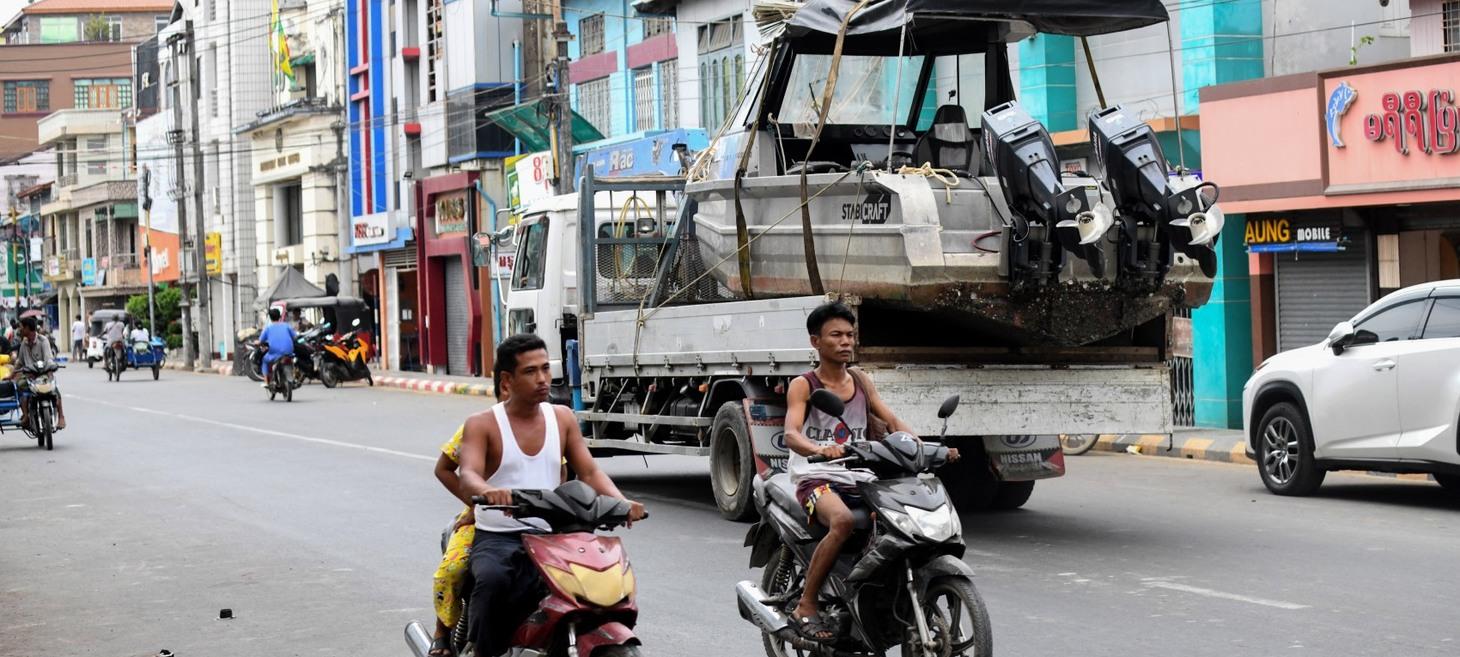
Myanmar’s ‘Demoralized Troops’ Accused of Ransoming Civilians in Rakhine
In Rakhine, Myanmar, government troops are reportedly demoralized and allegedly resorting to extorting money from civilians, as the conflict with the Arakan Army intensifies. According to local sources, soldiers are detaining civilians and demanding ransoms for their release, a practice that has exacerbated the suffering of villagers already caught in the violence. This increasing abuse by government forces highlights the deteriorating discipline and morale within the military, further complicating the humanitarian crisis in the region.
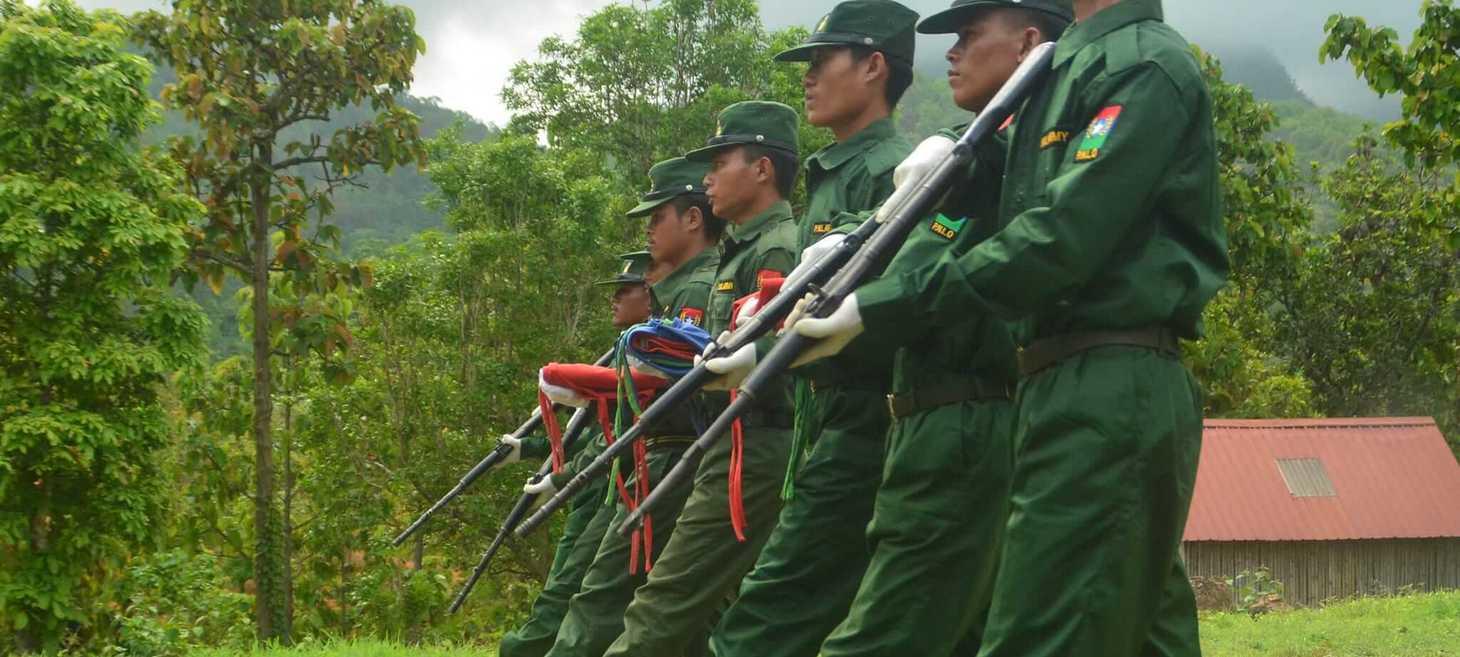
Junta Abducts Dozens of Civilians in Hsihseng Township
For over three days, the Military Council's forces in Myanmar have detained 59 civilians from Hsihseng Township in the Pa-O Self-administered Zone after summoning them to return to their village, threatening to burn their homes if they refused. The individuals sought refuge in the jungle to escape the ongoing conflict between the Pa-O National Liberation Army (PNLA) and the Military Council and Pa-O People's Militia Force (PMF). Concerns are raised over the potential use of these civilians as human shields by the regime's forces given the history of mass killings across the country. Prior incidents involved the abduction of over 30 civilians accused of supporting the resistance, highlighting the ongoing risks faced by civilians in conflict-affected areas like Hsihseng, where safety and security remain tenuous despite orders to return. The post Junta Abducts Dozens of Civilians in Hsihseng Township appeared first on Shan Herald Agency for News.
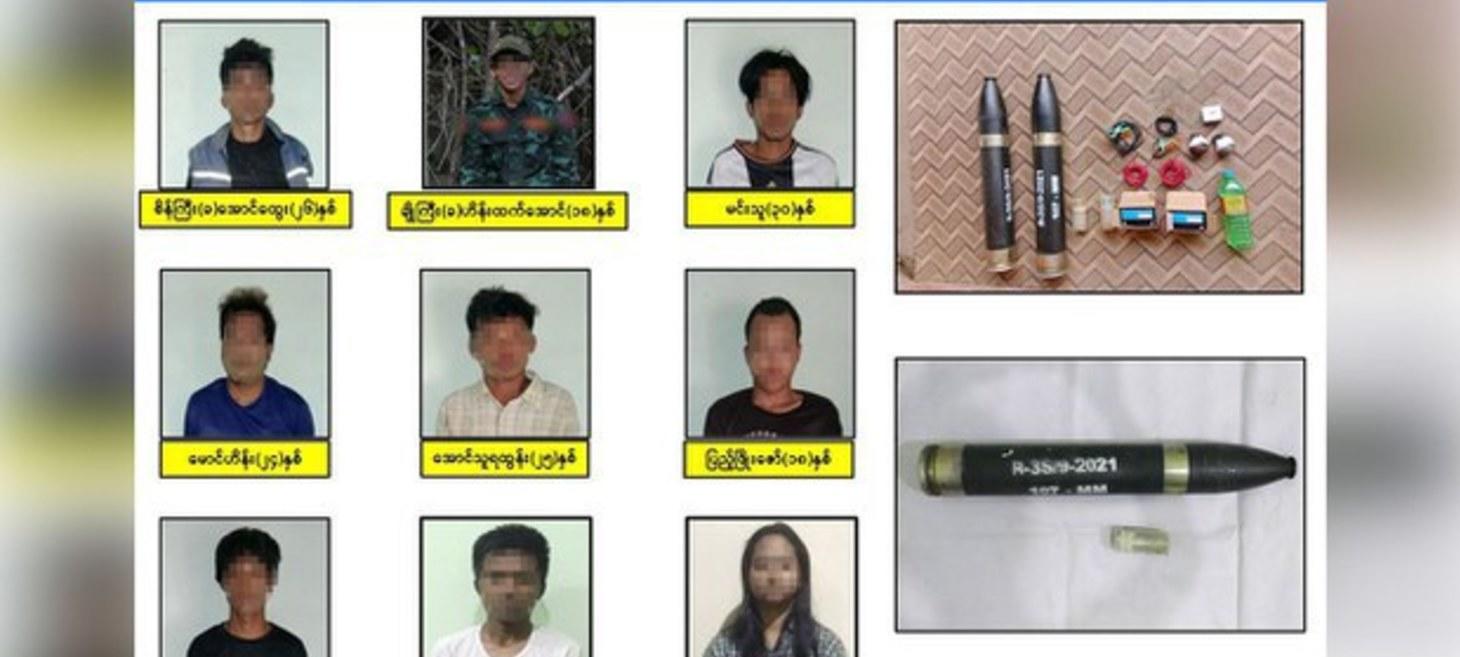
Rebels arrested in connection to attempted attack on Myanmar chief
Thirteen members of an urban guerrilla group in Myanmar were arrested by junta forces over suspicions of planning an attack on Senior General Min Aung Hlaing, the leader of the military regime that carried out the 2021 coup. State-run media confirmed the arrests, detailing an alleged plot to target the army chief during an event at a Yangon bridge. While anti-junta sources confirmed the arrests, a member of the Yangon UG People’s Army group denied the accusations of planning an attack on political officials. The proliferation of guerrilla groups in Yangon has resulted in the bombing of junta-occupied buildings and targeting officials supporting the military's conscription drive, leading to a state-controlled newspaper reporting the confiscation of rockets and launch equipment near a bridge where Min Aung Hlaing was attending an event. Additionally, further arrests were made in connection with bomb attacks in Yangon, with accusations of the military fabricating attack plots to justify the crackdown on opposition forces.
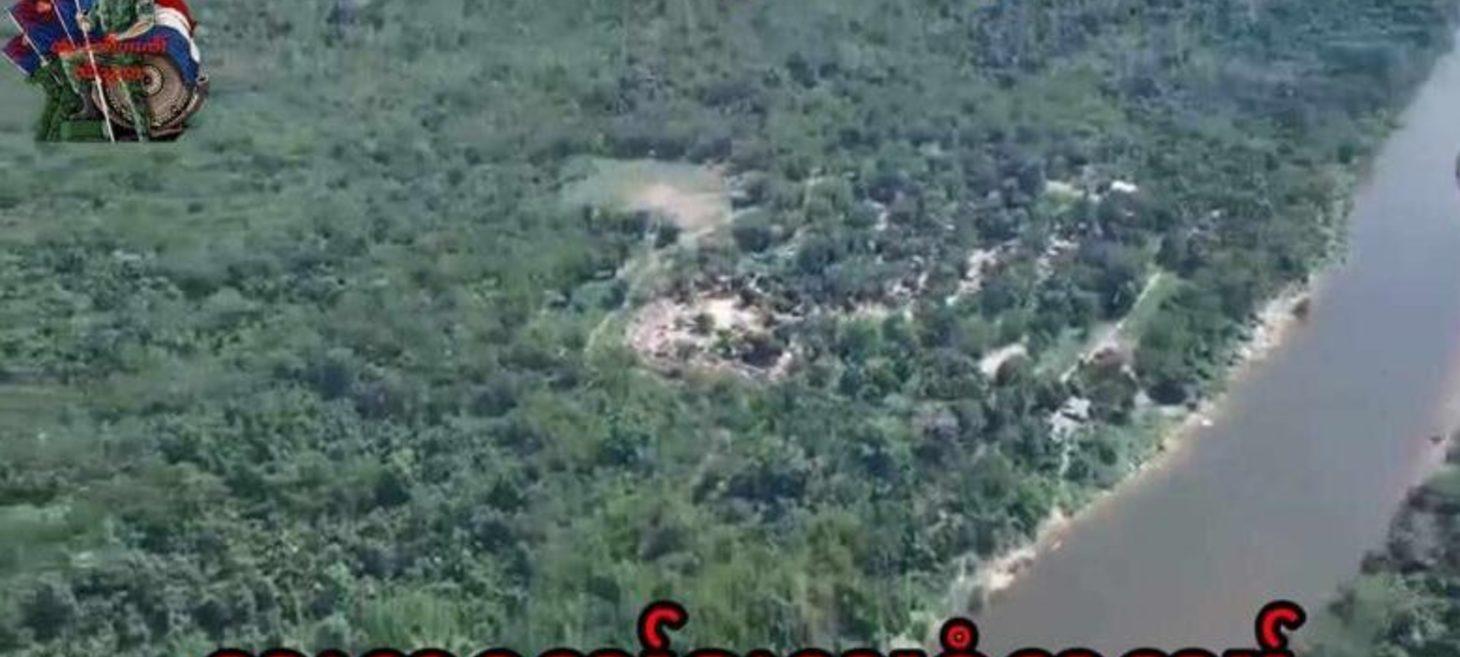
KNLA Captures Military Base After Nearly Three Decades of Junta Control
The Karen National Liberation Army (KNLA) has achieved a significant victory by capturing a military base in an area that had been under the control of the military junta for nearly three decades. This successful operation marks a significant shift in power dynamics, signaling a major blow to the junta's authority and control over the region. The KNLA's capture of the military base represents a strategic and symbolic win in their longstanding resistance against the oppressive rule of the military regime. This development highlights the KNLA's resilience and strength in challenging the junta's dominance in the region, showcasing a notable shift in the ongoing conflict within Myanmar.
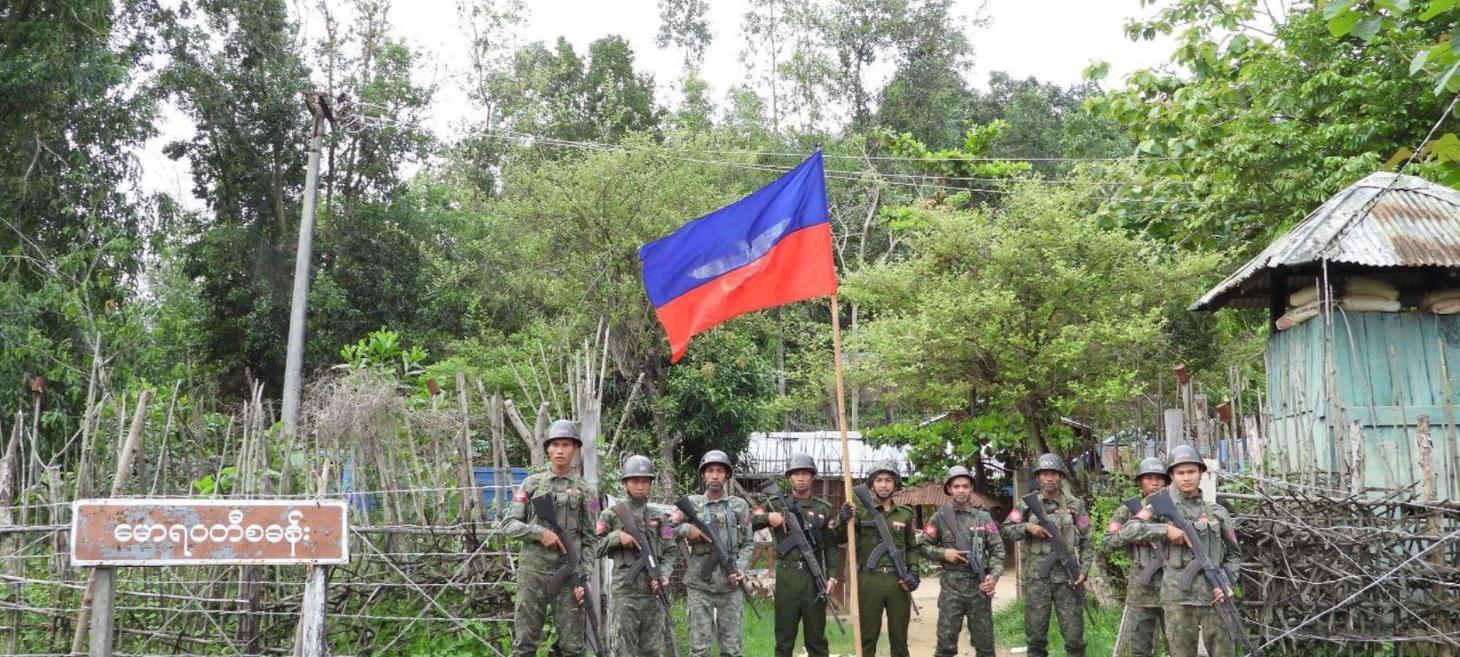
Myanmar’s Military is Nearing Annihilation on Border With Bangladesh
Myanmar's military faces significant challenges on its border with Bangladesh, where it is nearing annihilation. Effective resistance from local ethnic armed groups and pressure from international communities have weakened the junta's forces. The strategic location makes it difficult for the junta to maintain control and supply its troops, leading to severe losses in personnel and equipment. As a result, the military's hold on this border region is increasingly unstable, highlighting the broader struggles faced by Myanmar's military in maintaining its grip on power.
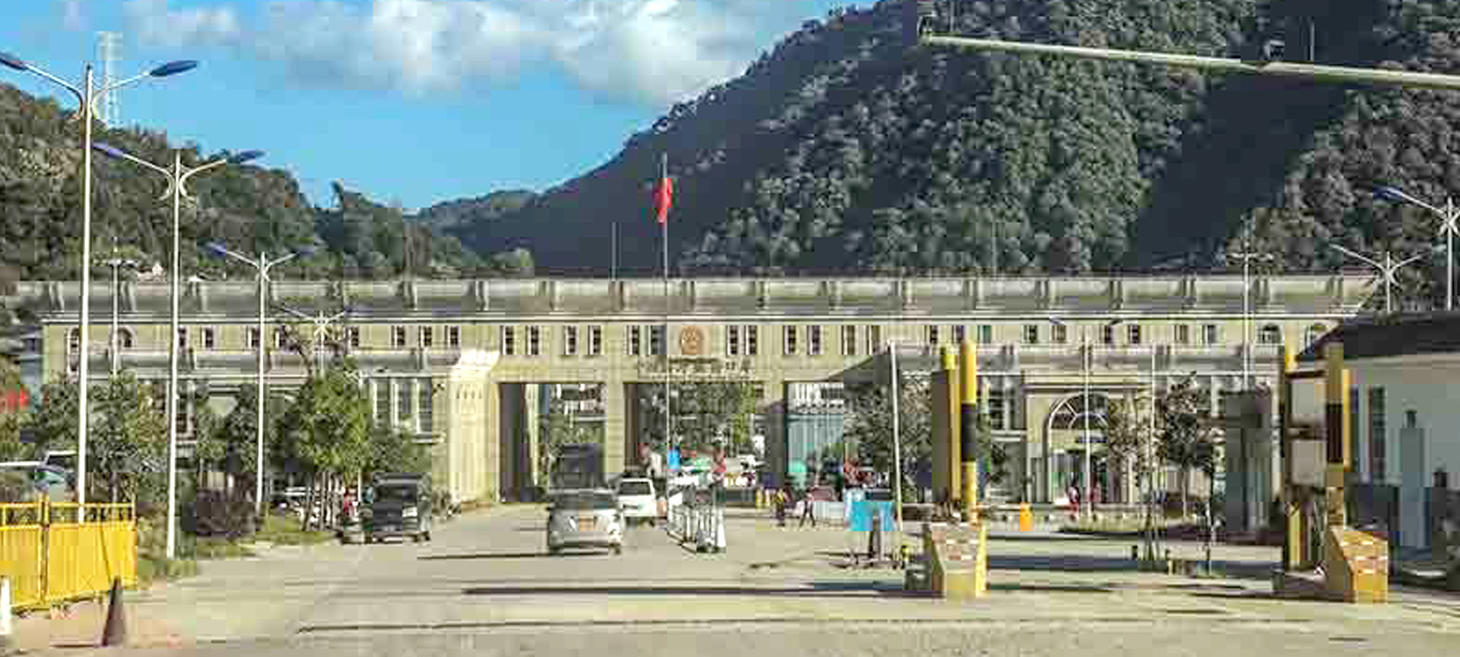
KIA Seizes Myanmar Junta's Last Remaining China Trade Route in Kachin State
The Kachin Independence Army (KIA) has taken control of the Myanmar junta's last remaining trade route with China in Kachin State, marking a significant setback for the military regime. By seizing the Goke Twin checkpoint on the Myitkyina-Bhamo road, the KIA has effectively cut off a crucial economic and supply line for the junta, which relies heavily on trade with China. This advancement exacerbates the military's logistical challenges and disrupts its economic activities, further destabilizing its standing in the region amidst ongoing conflicts with various ethnic armed groups.
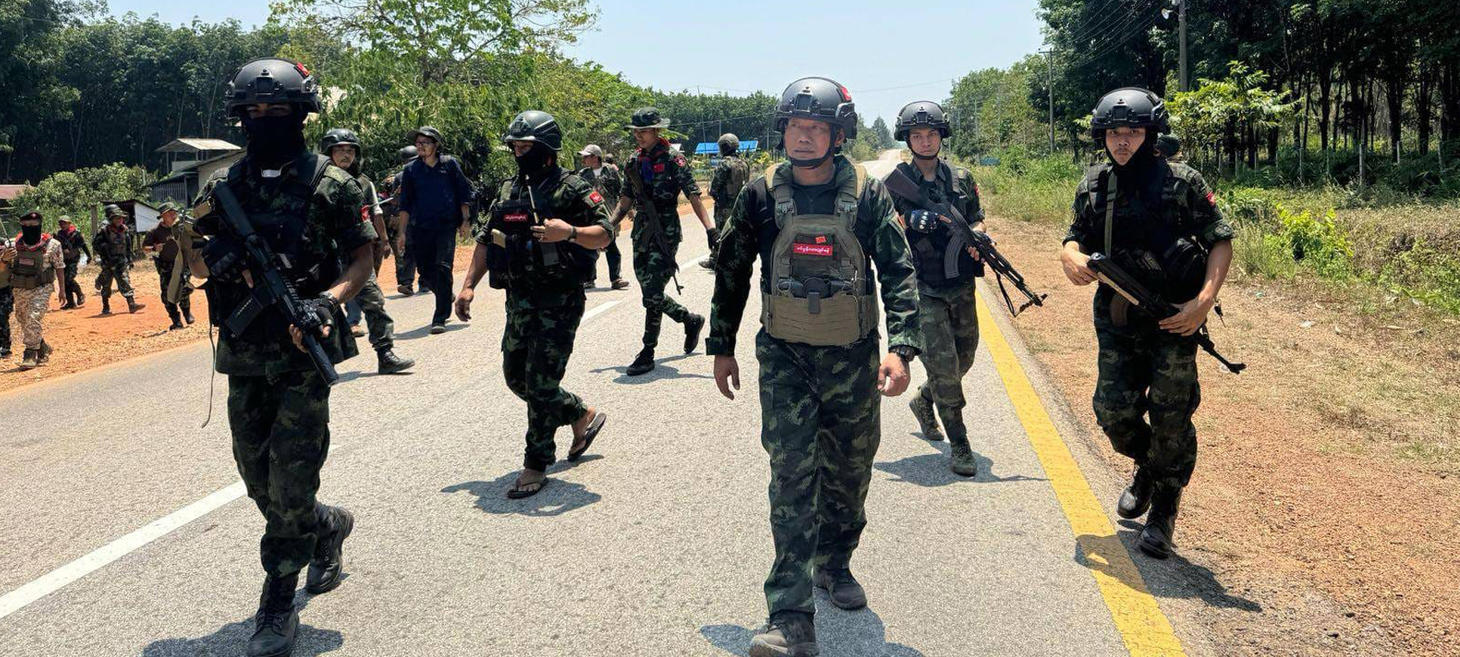
Junta Launches Fierce Offensive to Retake Only Highway in Southern Myanmar
The Myanmar junta has launched an intense military offensive to reclaim control of the only major highway in southern Myanmar, which is currently held by resistance forces. This highway is strategically important for both logistical and economic reasons, and its capture would significantly boost the regime's operational capabilities in the region. The conflict has led to heavy fighting, causing civilian casualties and displacements. The offensive underscores the junta's desperation to secure vital infrastructure amidst growing resistance and instability throughout the country.
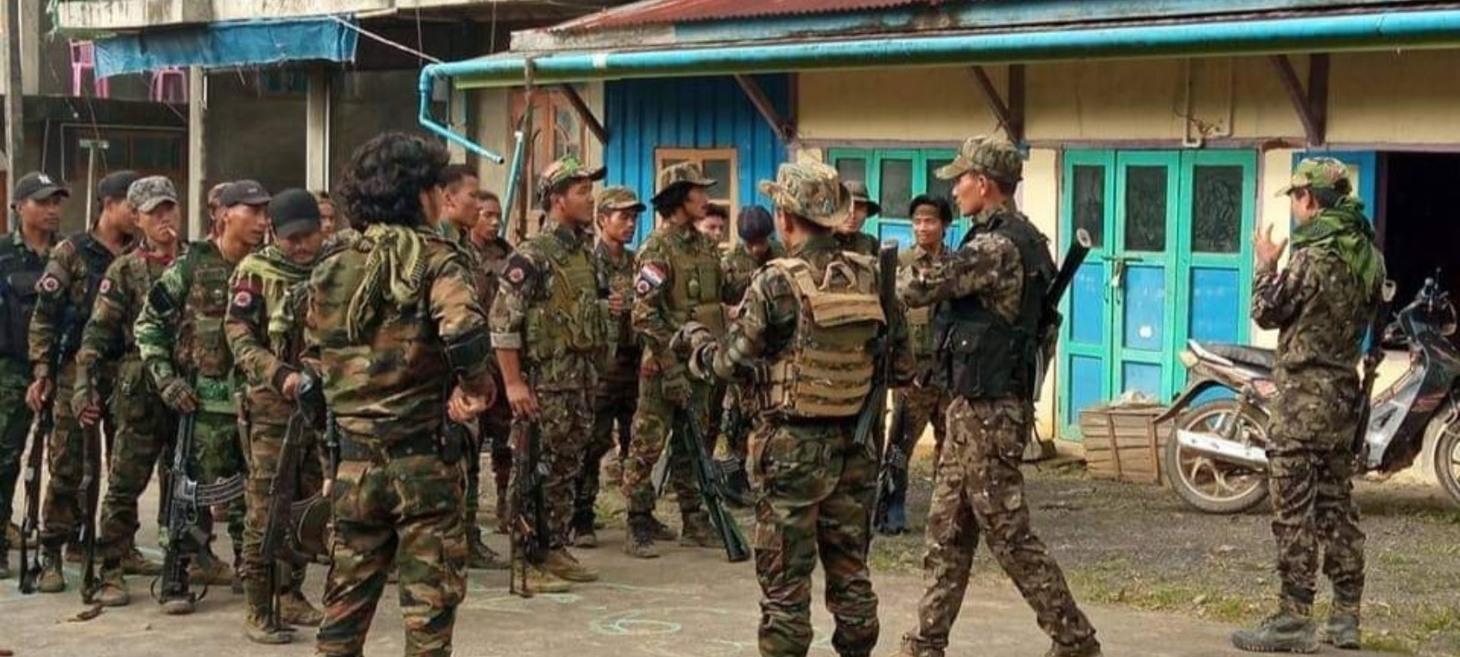
Operation Chin Brotherhood Sees Swift Success Against Myanmar Junta Troops
Operation Chin Brotherhood, an offensive by Chin resistance forces, has achieved rapid success against Myanmar junta troops, decisively capturing key military outposts in Chin State. Coordinated attacks by the Chin National Army (CNA) and allied groups have overwhelmed junta defenses, leading to significant territorial gains and the liberation of multiple strategic locations. The swift victories have bolstered the morale of resistance fighters and demonstrated the increasing effectiveness of their coordinated efforts, further destabilizing the junta's control in the region and highlighting the growing momentum of the anti-regime resistance movements.
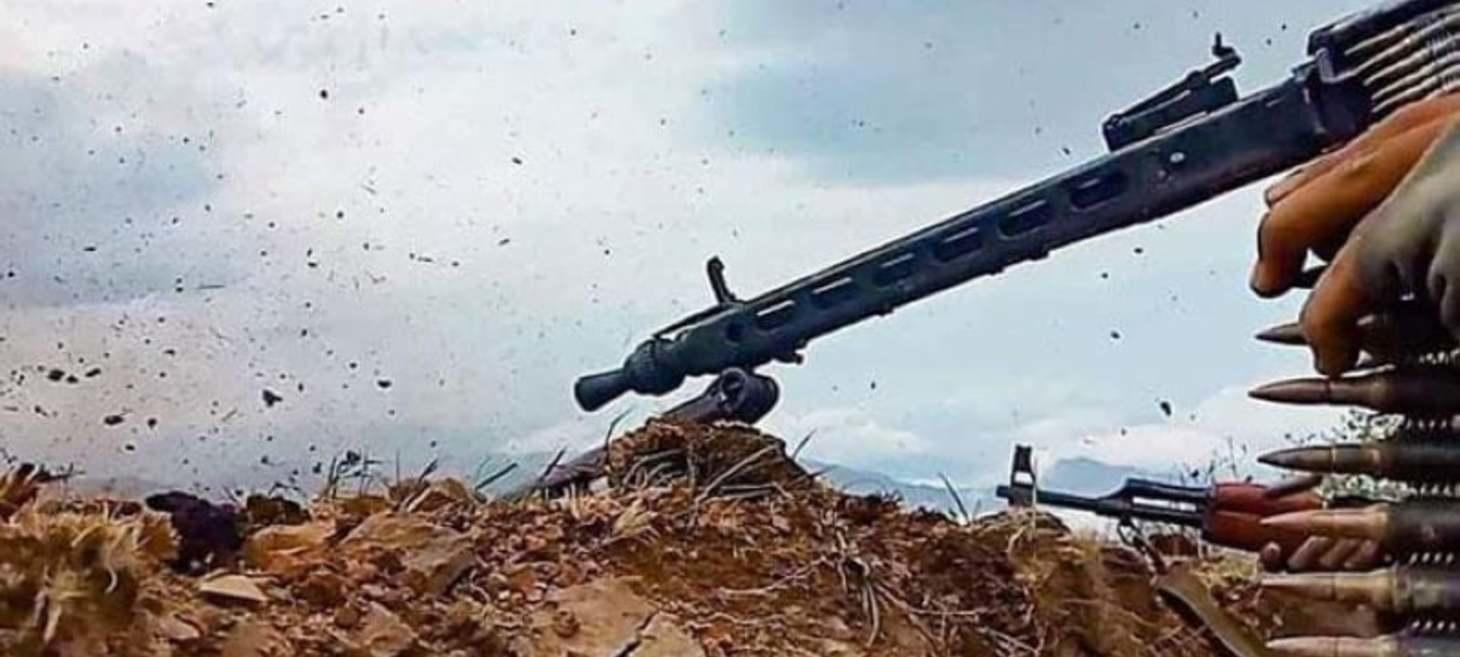
Intense fighting in Matupi as Chin Joint Forces capture key Myanmar government buildings
Chin joint forces have launched a coordinated offensive in Matupi township, southern Chin state, capturing the city police station and the general administration office on June 11. The fighting remains intense as they now target the Infantry Battalion 304. Local residents and the Chin Brothers News, Records and Information Team report that the Military Council had established defensive positions in Matupi and has begun evacuating soldiers' families from the city. The offensive, part of Operation Chin Brothers, involves multiple Chin resistance groups and seeks to drive out the Military Council from the area. With fierce battles ongoing, the Chin Brothers are calling for public donations to support their efforts and sustain their campaign. The Military Council is responding by deploying additional troops and attempting to retain control of the city.
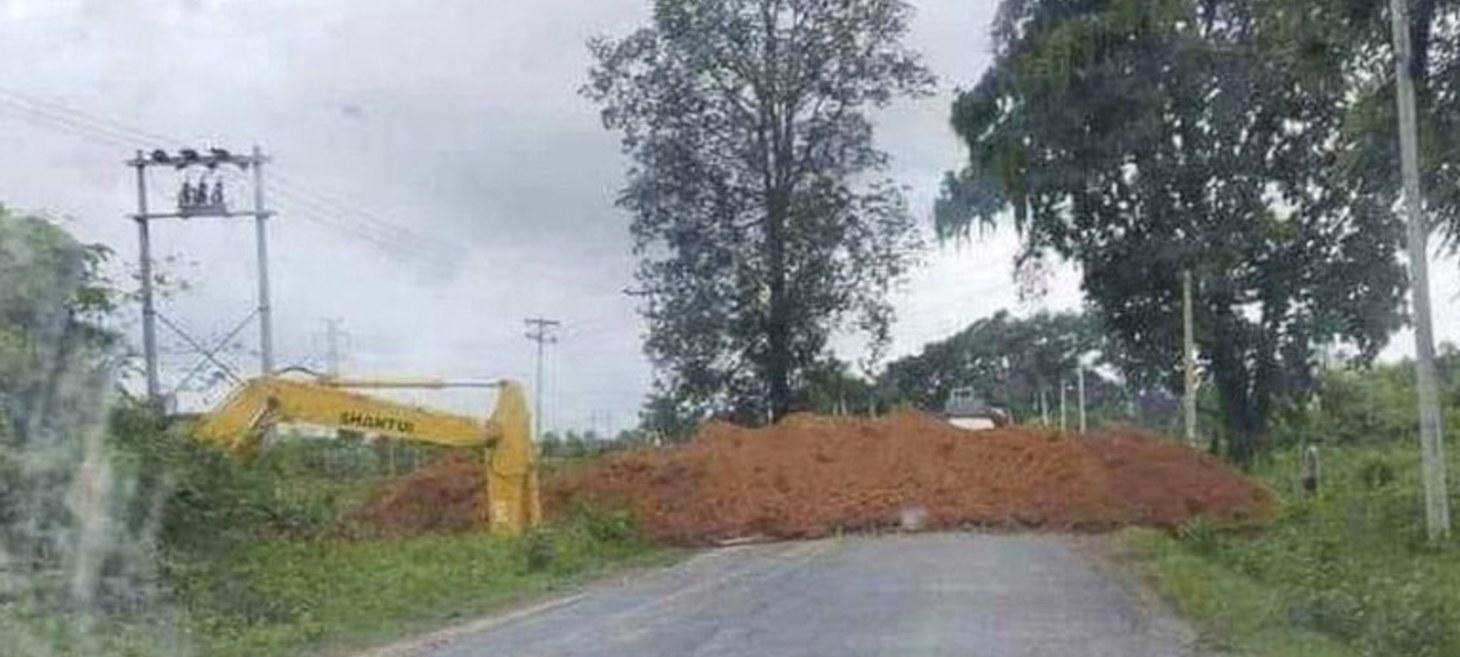
Junta troops destroy roads in northern Myanmar as renewed fighting looms
In northern Myanmar’s Shan State, military junta troops have destroyed critical roads connecting towns and cities controlled by rebel forces, potentially signaling preparations for renewed fighting. Using bulldozers, the junta damaged roads connecting Namtu township with Namsang Man Ton, an area under the Ta’ang National Liberation Army (TNLA), and rendered sections of the Lashio-Hsenwi road impassable, which affects territories held by the Myanmar National Democratic Alliance Army (MNDAA). These actions follow a series of defeats dealt to the junta by the Three Brotherhood Alliance—comprising TNLA, MNDAA, and Arakan Army—that launched an offensive in October. As tensions escalate, security has tightened in Lashio, prompting residents to flee in anticipation of conflict. The destroyed roads have disrupted supplies, causing significant price hikes in basic goods. The developments come despite a Chinese-brokered ceasefire in January, which both sides have since violated, with the ethnic armed groups prepared to retaliate against further junta military actions.
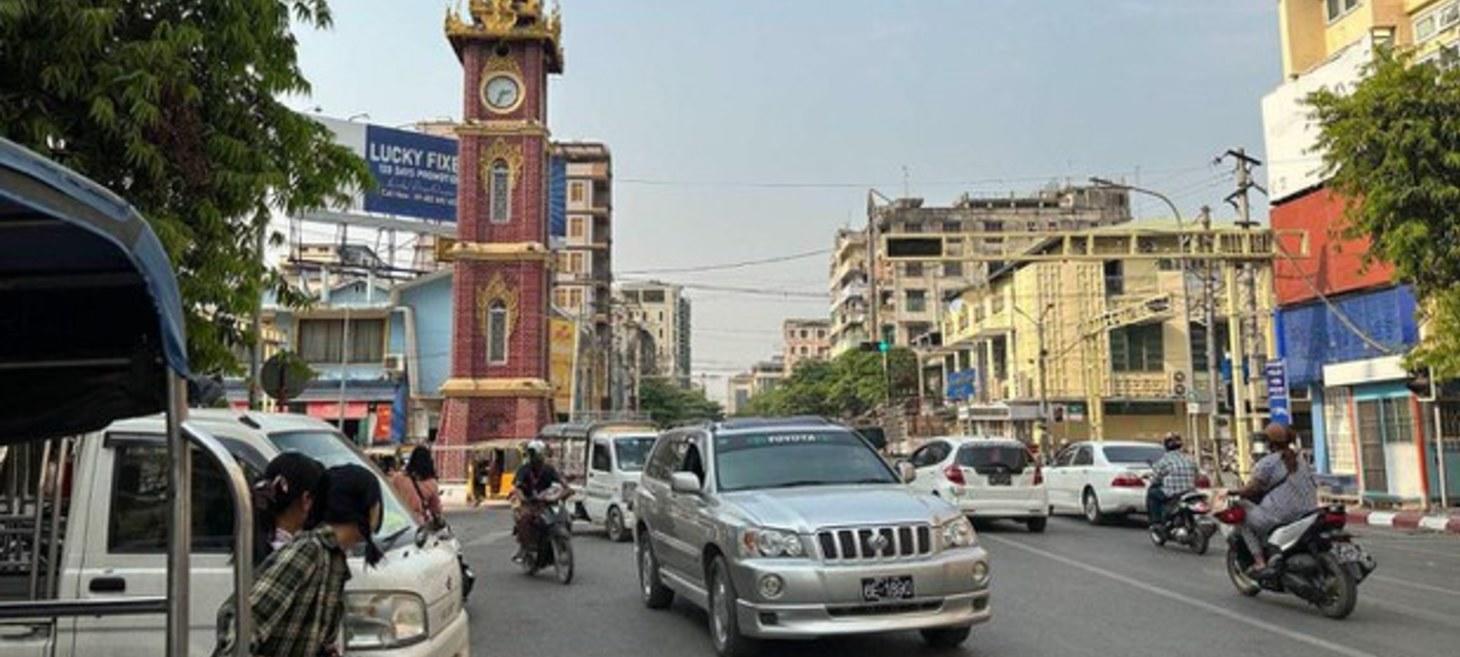
Myanmar rebel group bombs gold shop chain, alleges its link with junta
A militia group known as the No More Dictatorship People Defense Force carried out a bomb attack at a Zwe Htet gold shop chain in central Myanmar's Chanayethazan township. The group accused the chain of having financial ties to the junta council and aimed to highlight this connection to discourage support for the military leadership. The explosion resulted in injuries to six individuals, including shop employees and bystanders. The group's claims have not been independently verified, and the shop has not provided any official statement regarding the incident. Local witnesses reported swift responses from junta soldiers and police following the attack, with investigations ongoing as authorities seek further information on the perpetrators and motives behind the bombing.
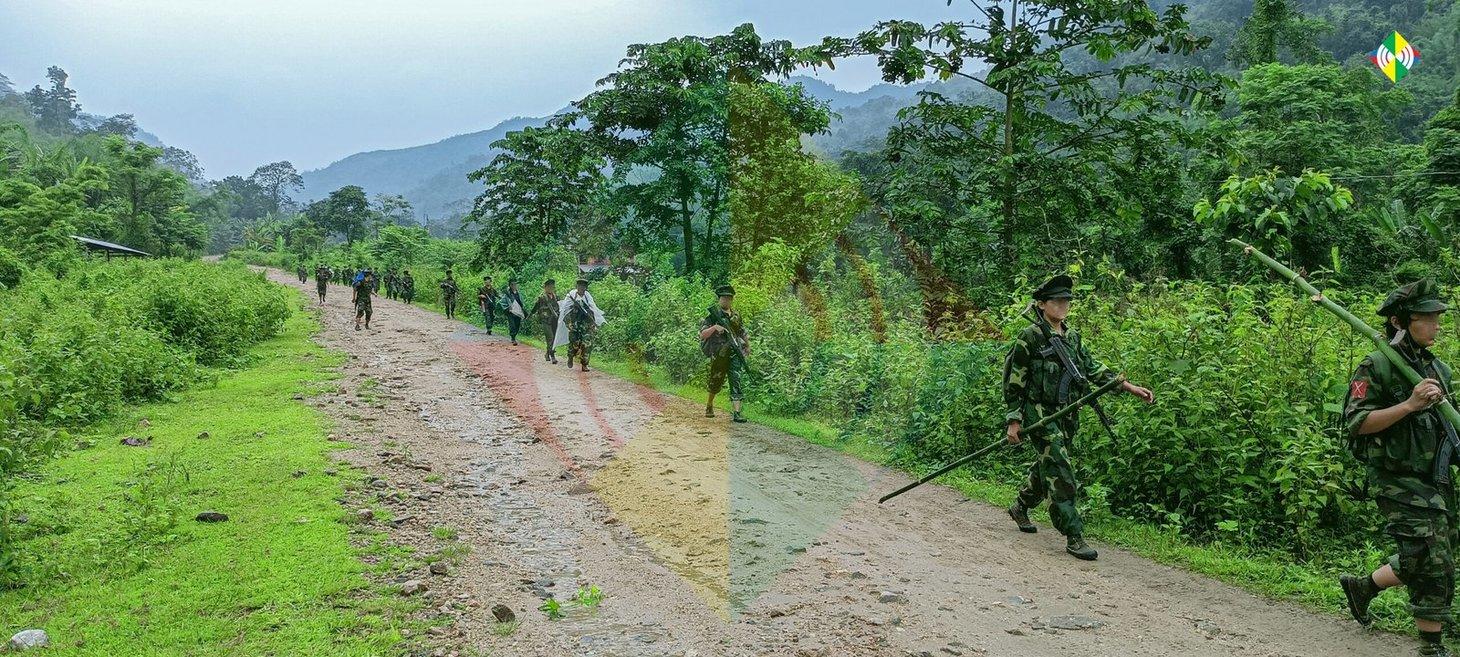
KIA Topples Five Strategic Regime Camps in Same Day in Kachin State
The Kachin Independence Army (KIA) launched successful operations against the Myanmar military, toppling five strategic regime camps in Kachin State in a single day. The coordinated attacks further destabilized the junta's hold in the region, resulting in significant military losses and capturing valuable supplies and territory. This marked a considerable victory for the KIA amid ongoing clashes between ethnic armed groups and the military regime. The swift and decisive actions have bolstered the KIA’s position, underscoring their operational capabilities and further challenging the junta's control in Kachin State.
Conscription
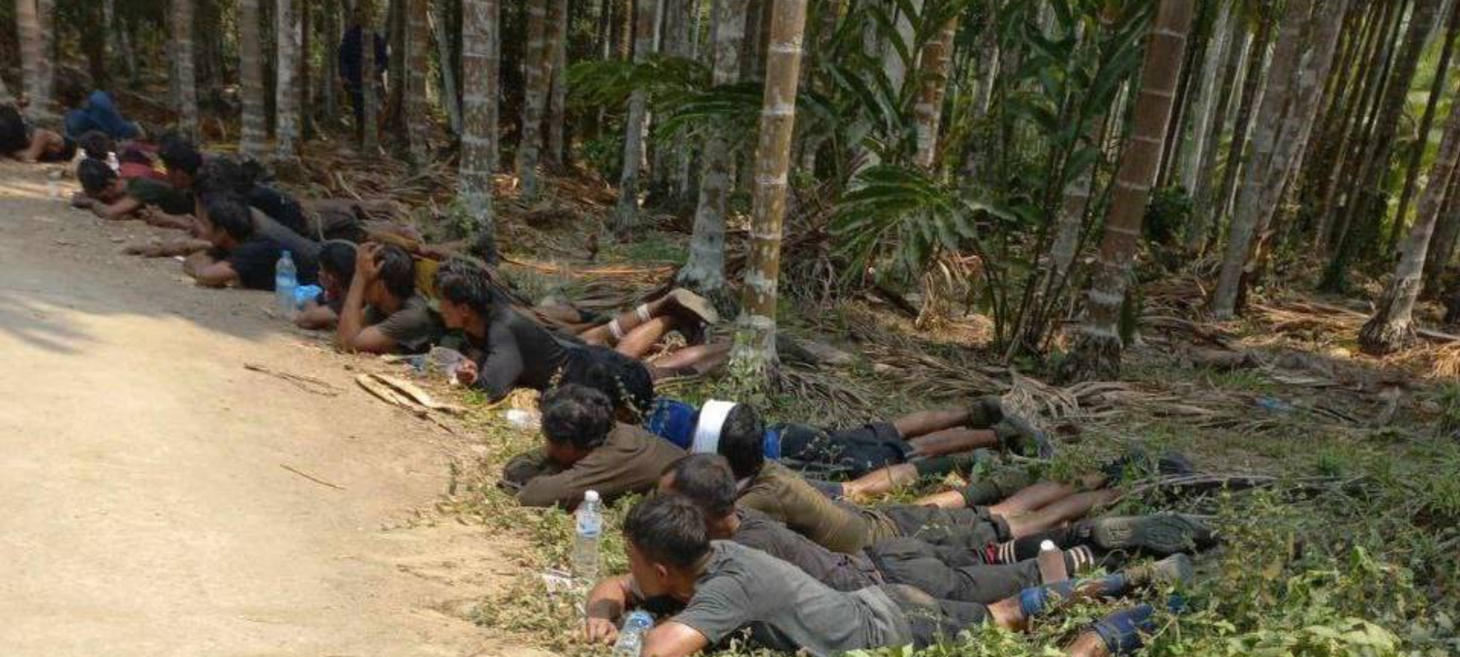
Myanmar junta administrators preparing lists of women for conscription
The Myanmar military junta is reportedly preparing to conscript women, with local administrators in several regions compiling lists of female residents. This move, which includes women from urban and rural areas, signifies an alarming expansion of the regime's conscription efforts amidst ongoing conflict and manpower shortages. Concerns are rising among families as this could lead to forced recruitment and potential exploitation. The lists are believed to be part of a broader strategy to bolster the junta’s forces, further revealing the regime's desperate measures to sustain its military operations against resistance movements across the country.
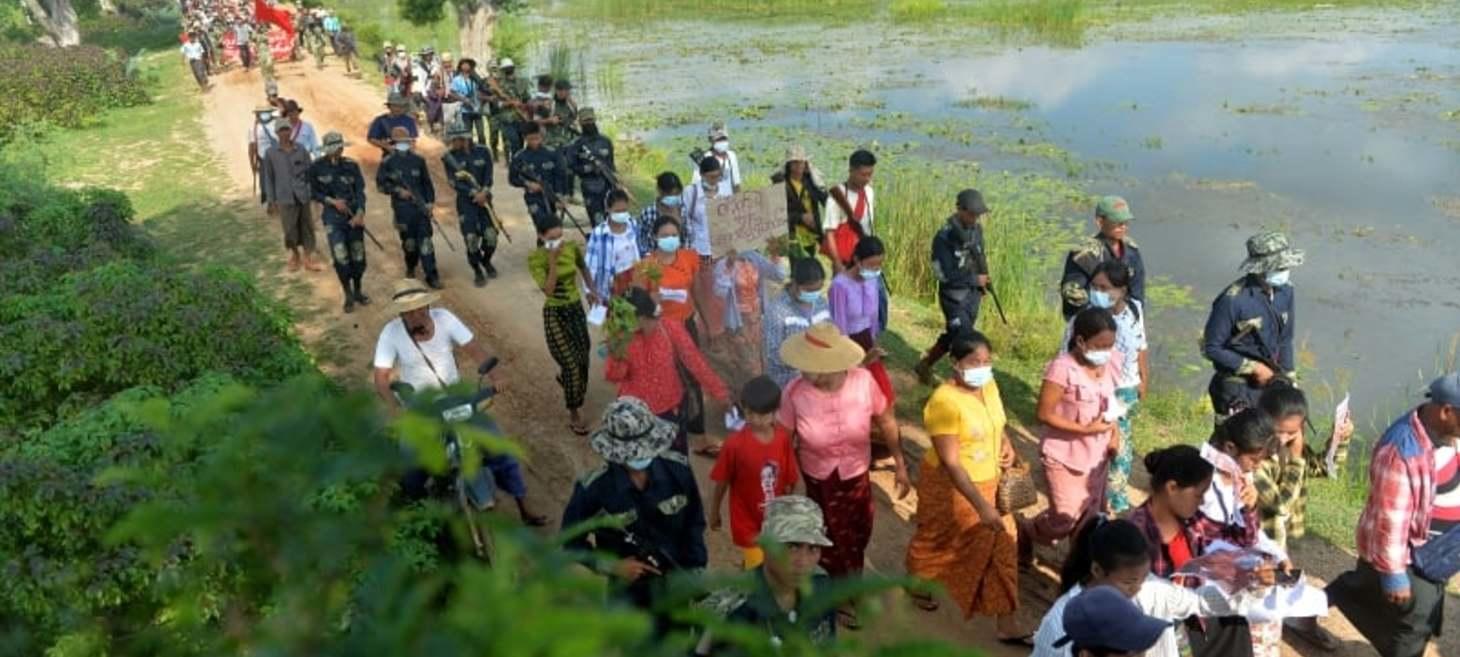
Mass exodus in Sagaing Region as Myanmar junta forces women into military service
Thousands of residents in Kyunhla Township, Kanbalu District, Sagaing Region, are fleeing their homes due to the military regime's threats and pressure to conscript women into military service. Local sources report that the junta, led by Pyu Saw Htee Monk Warsawa and the township administrator, is coercing women and men into joining the military. Approximately 10,000 civilians from multiple villages have fled to avoid forced enlistment. In some areas, officials have confiscated villagers' ID cards to prevent them from escaping, although many have still managed to flee. This forced conscription campaign follows the junta's Conscription Law issued on February 10, mandating military service for men and women over 18. Despite denials from the military regime, reports indicate ongoing forced recruitment due to a lack of voluntary enlistments. Many residents have sought refuge in major cities or on farmland, escaping the aggressive conscription efforts.
Crime & Narcotics

'Like slaves': Myanmar workers trafficked to Laos scam hub
The article on Frontier Myanmar discusses the plight of Myanmar workers trafficked into Laos to operate in scam centers. These workers are lured with promises of legitimate employment but quickly find themselves trapped in abusive conditions, treated akin to modern-day slaves. They are forced to engage in various scams under threat of violence, with no feasible means of escape due to confiscated passports and monitored movements. The exploitation has surged amidst Myanmar's political and economic turmoil, making the trafficking and forced labor crisis a severe and growing concern. Efforts to rescue and repatriate the victims are hindered by the clandestine nature of the operations and inadequate governmental intervention.
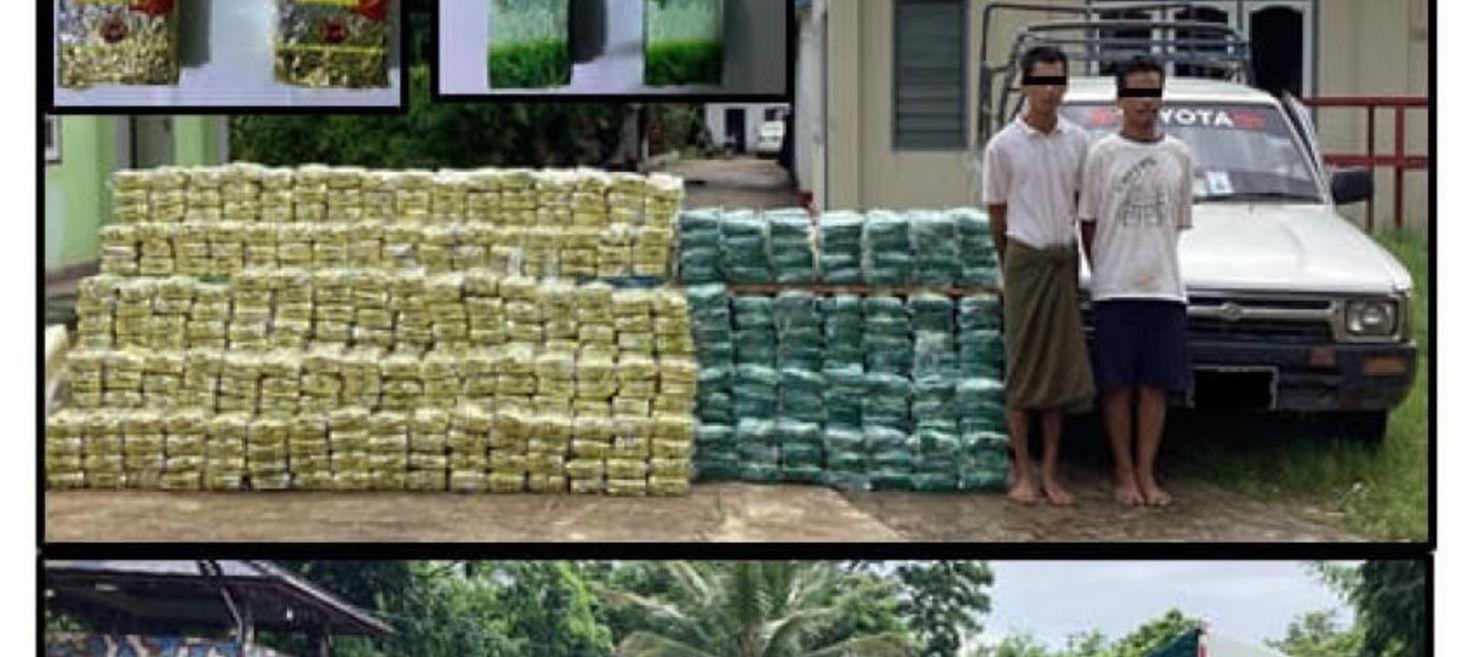
700kg of drugs seized in eastern Myanmar
Myanmar authorities seized 700 kilograms of drugs in an operation in eastern Myanmar's Shan State, highlighting the ongoing battle against rampant drug trafficking in the region. The large haul included various types of narcotics, with officials attributing the operation's success to sustained anti-drug efforts despite the country's internal conflicts. Eastern Myanmar, particularly Shan State, remains a significant hub for drug production and trafficking, contributing to widespread addiction and criminal activity. The seizure underscores the challenges faced by law enforcement in tackling the pervasive drug trade amidst the broader instability and violence in the area.
Economy

Sanctions Will Not Bankrupt Myanmar's Military But New Approaches to Trade and Finance Might | FULCRUM
Sanctions alone are unlikely to bankrupt Myanmar's military regime, which has robust financial reserves and diversified revenue streams. Traditional measures have not sufficiently impacted the military's financial stability due to their control over extensive economic enterprises. A more effective strategy would involve targeting the junta’s access to international trade and finance. By focusing efforts on cutting off these financial lifelines, global actors can exert greater economic pressure on the regime. This approach requires international cooperation and innovative tactics to disrupt the military’s economic networks and reduce their capacity to sustain operations.

Myanmar’s junta takes desperate measures to stem capital flight
The Myanmar military junta's recent questioning of business magnate Serge Pun, CEO of Yoma Bank, and directors of his subsidiaries, underscores the country's bleak economic situation amidst widespread capital flight. As head of a substantial business empire with interests in real estate, construction, banking, and more, Serge Pun's conglomerate faces scrutiny from the regime. The regime's clampdown on overseas property investments, like a recent real estate roadshow selling in Thailand, reflects citizens' desperate search for stable investments amid economic turmoil. Capital flight post-coup has led to a record-low kyat, soaring inflation, and rising gold prices, prompting the junta to freeze hundi accounts and restrict trade transactions in local currencies, exacerbating Myanmar's financial crisis. Amid a shrinking economy, surging public debt, and collapsing revenue collection, the junta's reliance on reserves for military operations threatens macroeconomic stability, signaling a looming escalation in the regime's crackdown and conflict tactics.
Ethnic Issues
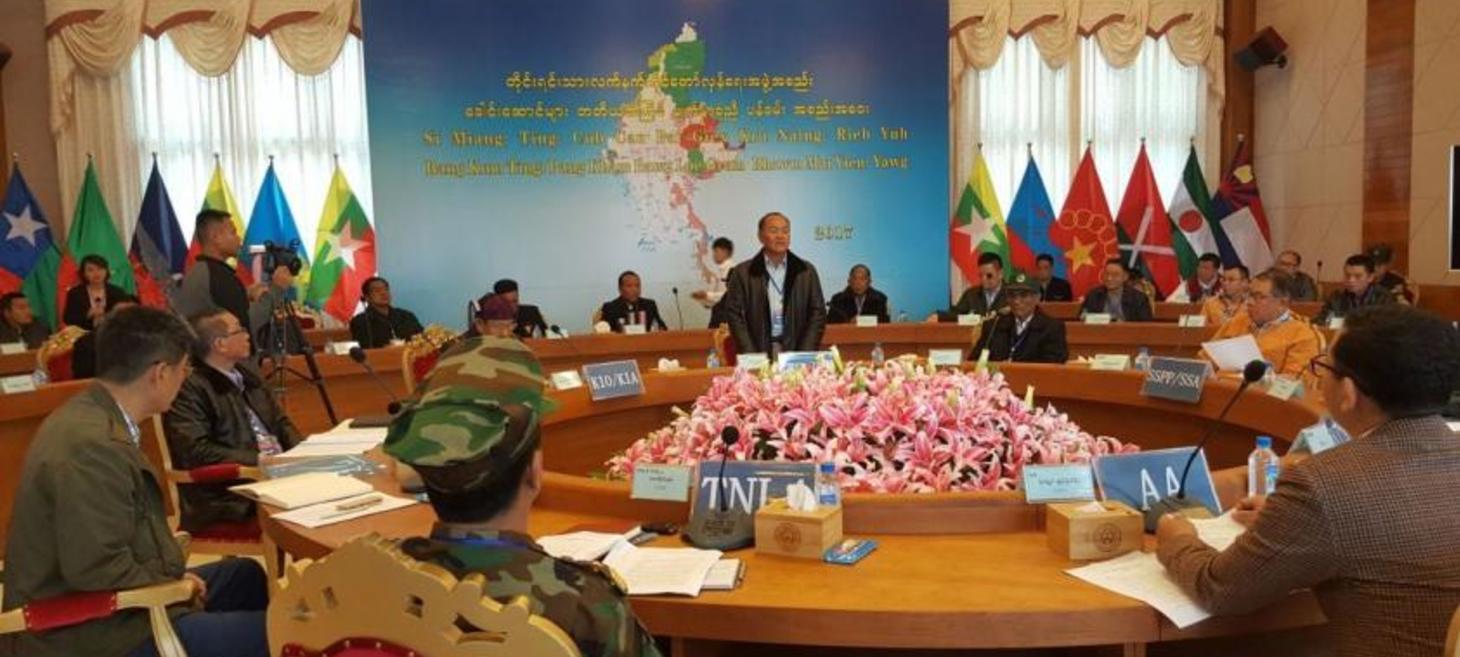
FPNCC: Best Friends, Worst Enemies
The Federal Political Negotiation and Consultative Committee (FPNCC), a coalition of seven ethnic armed organizations (EAOs) in Myanmar, has encountered internal strife that threatens its effectiveness and unity. Formed in response to the Nationwide Ceasefire Agreement (NCA) and with members such as the UWSA, AA, KIA, MNDAA, NDAA, SSPP/SSA, and TNLA, the alliance aims to negotiate with the central government. However, territorial disputes and power struggles have escalated within the FPNCC, intensifying conflicts among its members. Tensions between EAOs, such as the TNLA and KIA, SSPP and TNLA, and MNDAA and KIA, have resulted in military clashes and ideological divisions, complicating efforts for a unified approach against the military junta. These internal conflicts may lead to further fragmentation, endangering the coalition's stability and collective bargaining power, ultimately impacting the struggle for ethnic rights and autonomy in Myanmar. The post FPNCC: Best Friends, Worst Enemies appeared first on Shan Herald Agency for News.
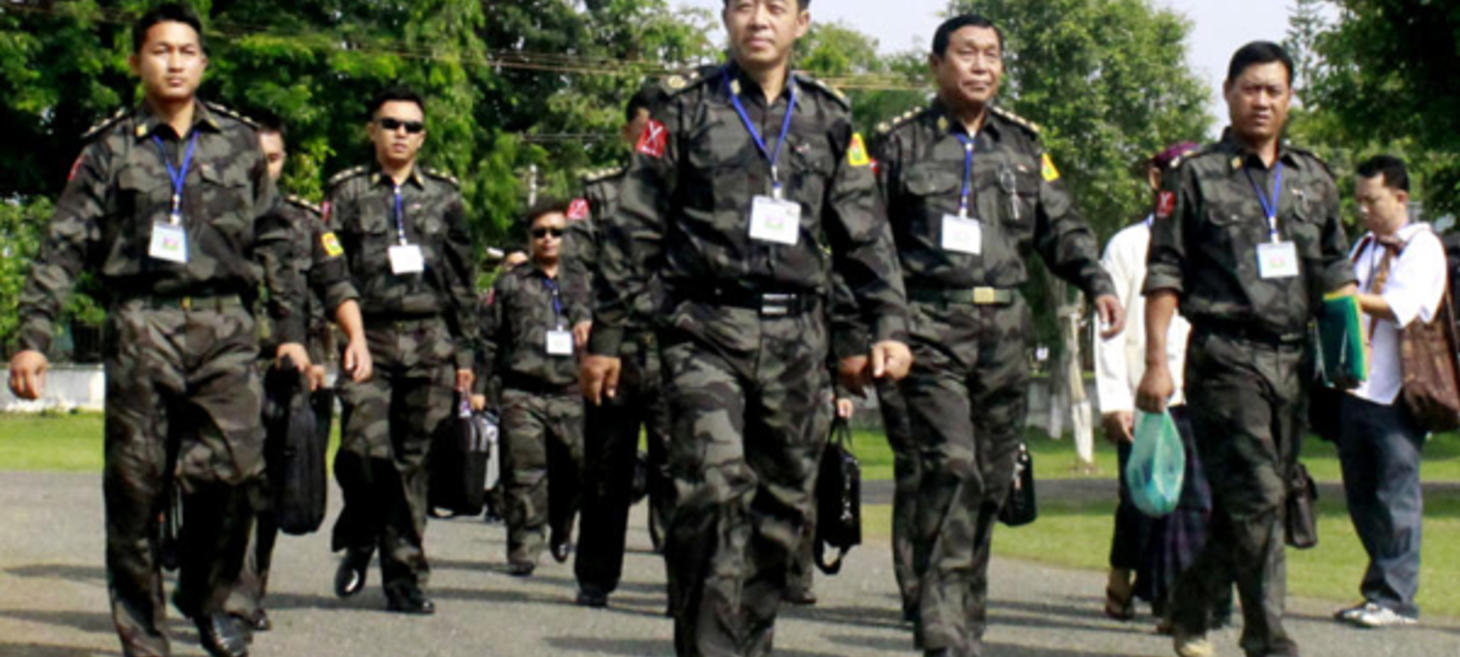
KIO/KIA and TNLA Argue Over Mining in Namtu Township
The Kachin Independence Organisation/Kachin Independence Army (KIO/KIA) and the Ta’ang National Liberation Army (TNLA) are locked in a conflict over mining interests in Namtu Township, northern Shan State, involving road blockages and accusations from both sides. The TNLA claims that KIO/KIA obstructed key roads near mining areas, leading to growing tensions between the groups. The region, known for its rich deposits of ore, silver, lead, and zinc, has seen increasing disputes, including road blockages affecting local travel and trade routes. Efforts to resolve the conflicts through the Federal Political Negotiation and Consultative Committee (FPNCC) have been sought by the TNLA, highlighting the volatile situation in the area. Additionally, clashes between the TNLA and other armed groups like the Myanmar National Democratic Alliance Army (MNDAA) have intensified, further complicating the security landscape in northern Shan State.
Foreign Affairs
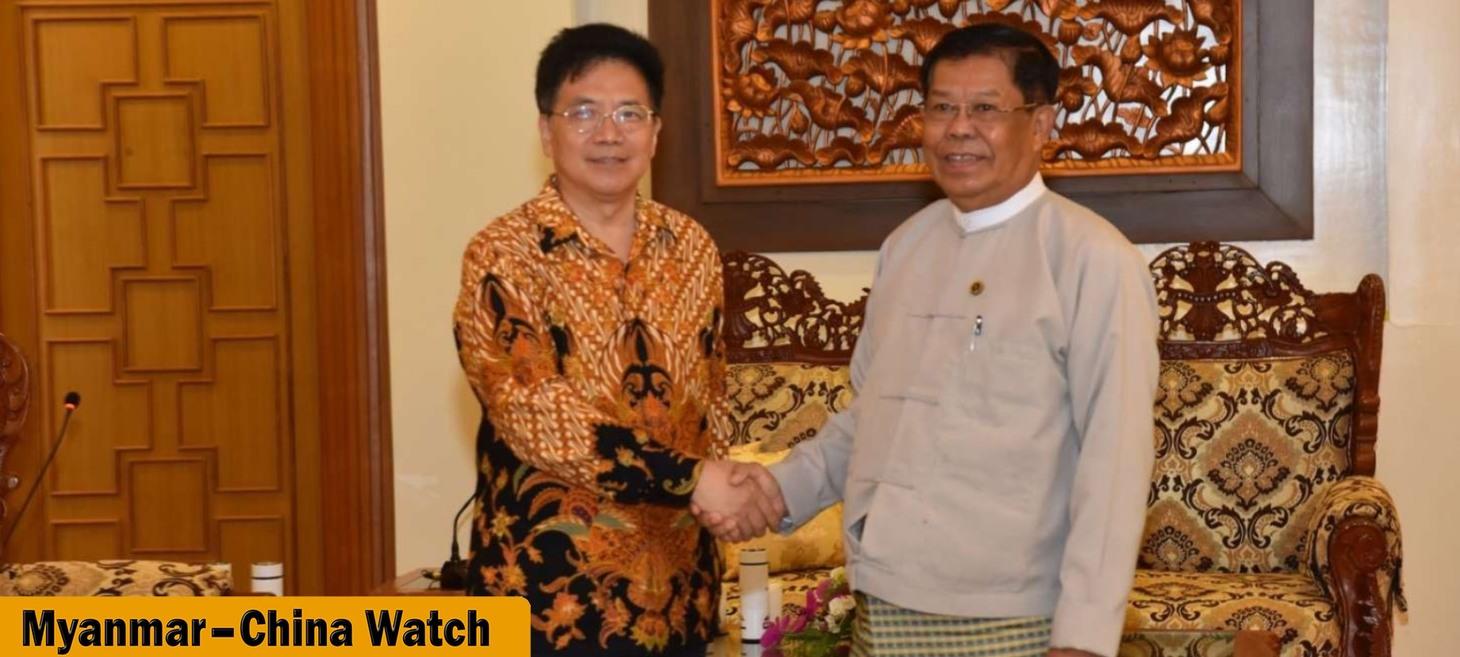
China Dispatches Top Envoy to Myanmar as Threats to its Interests Rise Again
China has dispatched a top envoy to Myanmar in response to escalating threats to its interests within the country. This visit underscores China's concerns over the stability of its investments and strategic projects amid the ongoing conflict and political unrest following the military coup. The Chinese government is seeking to safeguard its economic ventures and ensure the security of Chinese personnel and enterprises in Myanmar. The move highlights China's proactive approach in managing its foreign relations and investments in the increasingly volatile region.
General News

As She Turns 79 in Prison, ‘The Lady’ Remains a Symbol of Hope and Resilience in Myanmar
Aung San Suu Kyi's trial in Myanmar's military court has brought renewed attention to her plight and fueled questions about the junta's motives. Some analysts believe the trial is a way for the military to consolidate its power and silence dissent, while others see it as an attempt to appease international pressure. Regardless of the intent, the trial has sparked outrage and condemnation from activists and world leaders alike. Suu Kyi and her supporters have maintained their innocence, while the junta has remained defiant in the face of criticism. It remains to be seen how the trial will unfold, but it is clear that it has become a focal point for the struggle for democracy in Myanmar.
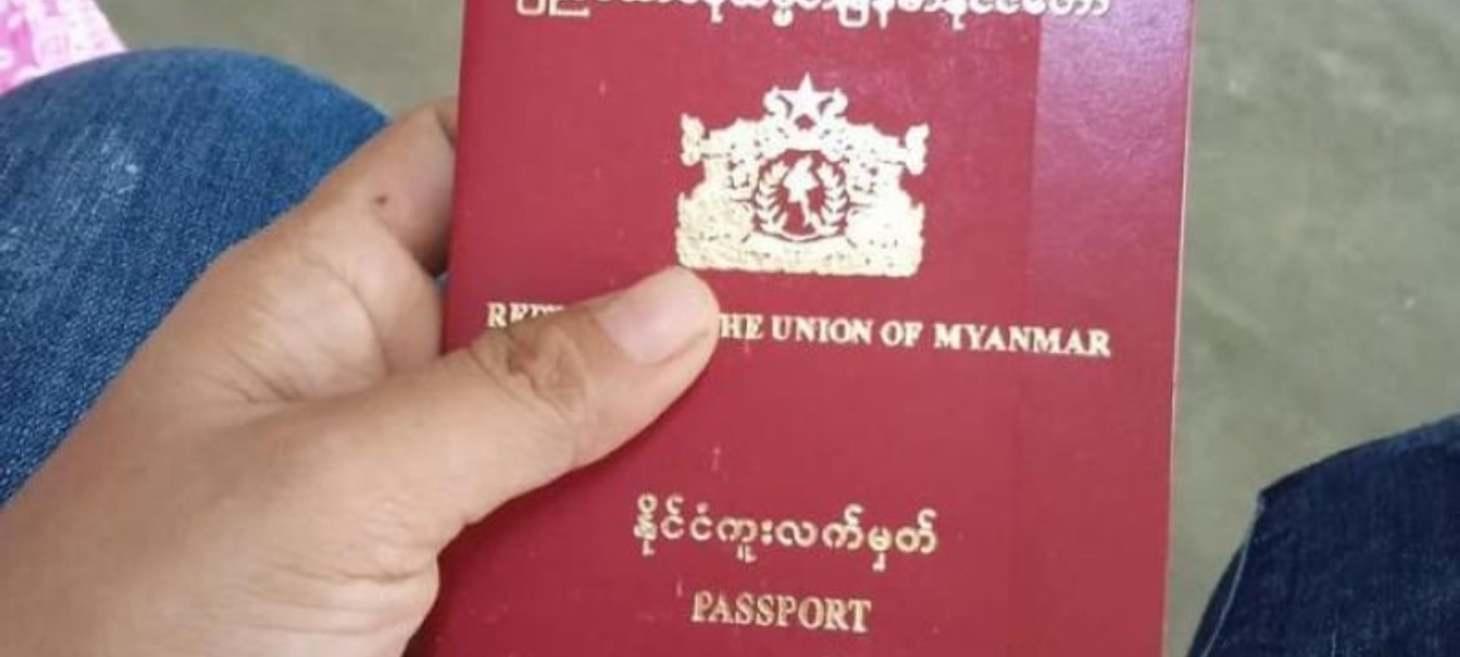
Junta imposes stricter rules on passport-type conversions amid rising emigration tensions
The military regime in Myanmar has introduced stricter regulations for travel abroad for work, notably banning the conversion of Passport for Job (PJ) to Passport for Visit (PV) from June 6 onwards, as confirmed by passport service providers. While the formal announcement of this restriction is absent on official platforms, individuals have observed the change firsthand when visiting passport offices for conversion services. The surge in individuals converting their passports after men were prohibited from traveling abroad with PJ in May may have prompted this latest decision, causing significant disruptions in the conversion process. The duration of this restriction and its exact implications remain uncertain, prompting urgency among individuals seeking international travel opportunities before potential additional restrictions are imposed.
Military
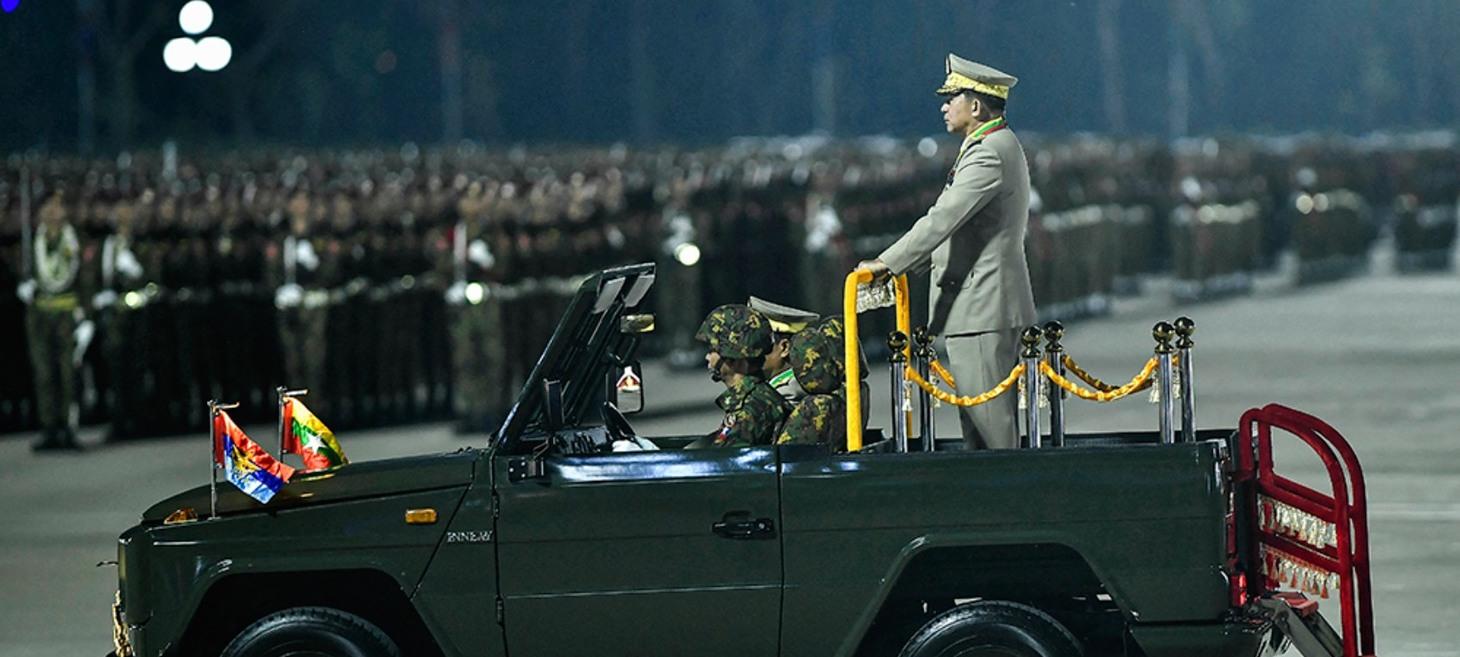
Myanmar Junta Boss Orders Another Purge of Military Top Brass
The leader of Myanmar's military junta, Senior General Min Aung Hlaing, has initiated another purge of top military officials, marking a troubling development in the regime's internal dynamics. The directive involves the replacement of several key figures within the armed forces hierarchy, including the Strategic Commander and the Chief of the Bureau of Special Operations. This move follows a series of military reshuffles post-coup, indicating ongoing power struggles and strategic realignments within the junta's leadership. The reshuffle underscores the regime's efforts to consolidate power and loyalty within the military ranks, signaling potential shifts in military strategy and command structures during a period of heightened political and civil unrest in Myanmar.
Telecommunications
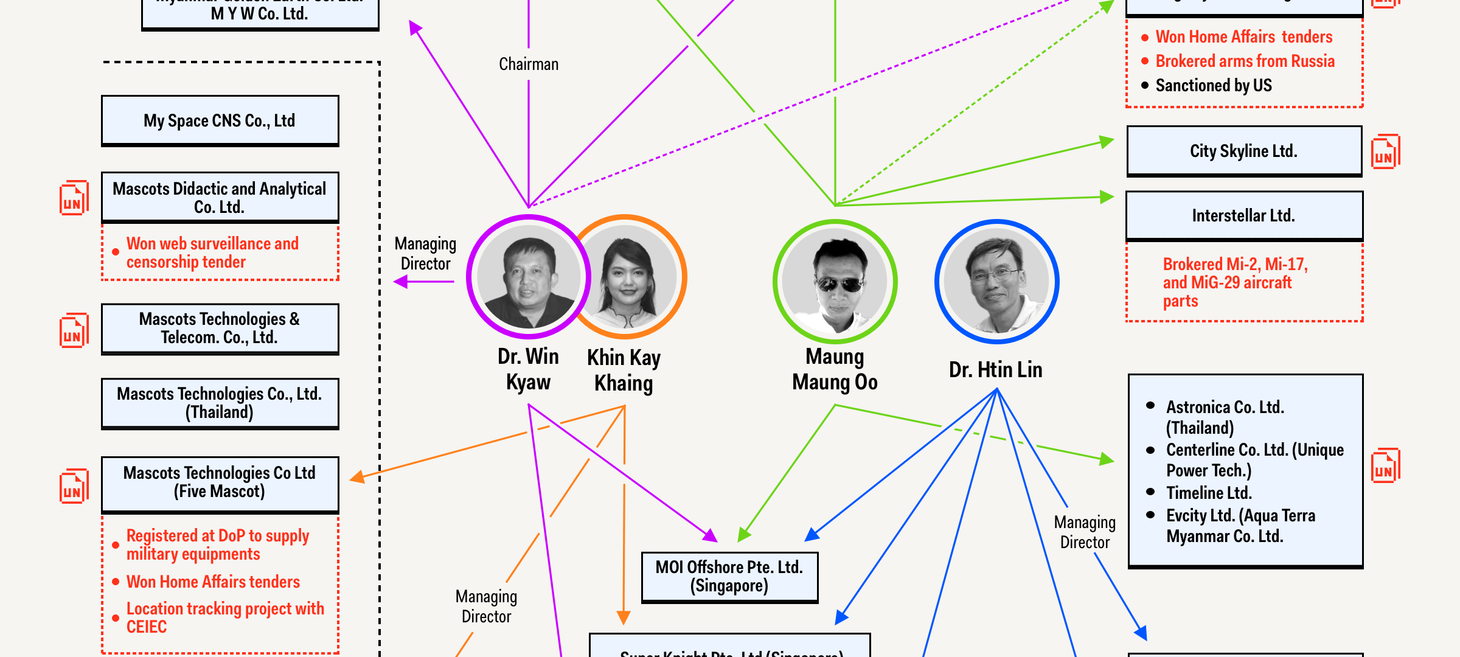
The Myanmar Junta's Partners in Digital Surveillance and Censorship
Since its illegal coup attempt in February 2021, the Myanmar military junta has significantly augmented its internet censorship and surveillance capabilities with support from Chinese companies, notably Geedge Networks and CEIEC. They are using advanced Chinese technology, such as the Tiangou Secure Gateway and Cyber Narrator, to block websites, intercept communications, and track individuals, thereby restricting information and free expression. Mascots Group, a Myanmar military broker, has facilitated these transactions and is even leveraging its resources to develop a whitelisted social media network under junta regulation. Despite their involvement in the junta's repressive actions, companies like Mascots Group continue to operate with impunity. Justice For Myanmar calls for urgent international sanctions and actions against these entities and associated individuals to support the Myanmar people's fight for federal democracy and human rights.
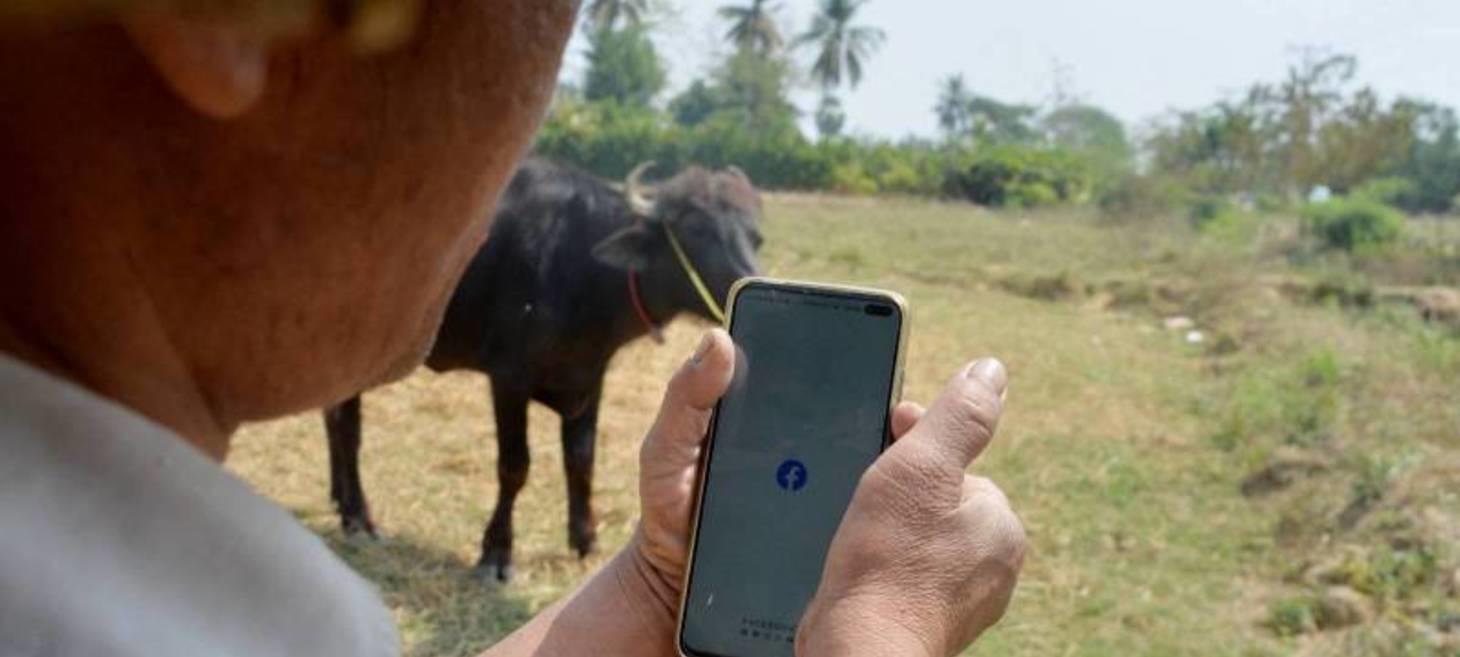
Myanmar military extorts money from VPN users in major cities
In Myanmar, military soldiers have been targeting individuals using Virtual Private Network (VPN) applications on their mobile phones in cities like Yangon, extorting fines from those found with VPNs installed. In the wake of the 2021 coup, VPNs became crucial for accessing social media platforms amidst tightened restrictions. Instances of phone inspections and fines have been reported in various locations, including Khayan Township in Yangon Region and Thanlyin Township at the Thanlyin Bridge checkpoint, with similar tactics observed in Taunggyi and other townships. The crackdown on VPNs follows increased efforts by the junta to control internet access and information flow, with restrictions imposed and a government-controlled app, Myspace Myanmar, being developed as a replacement for popular social media platforms.
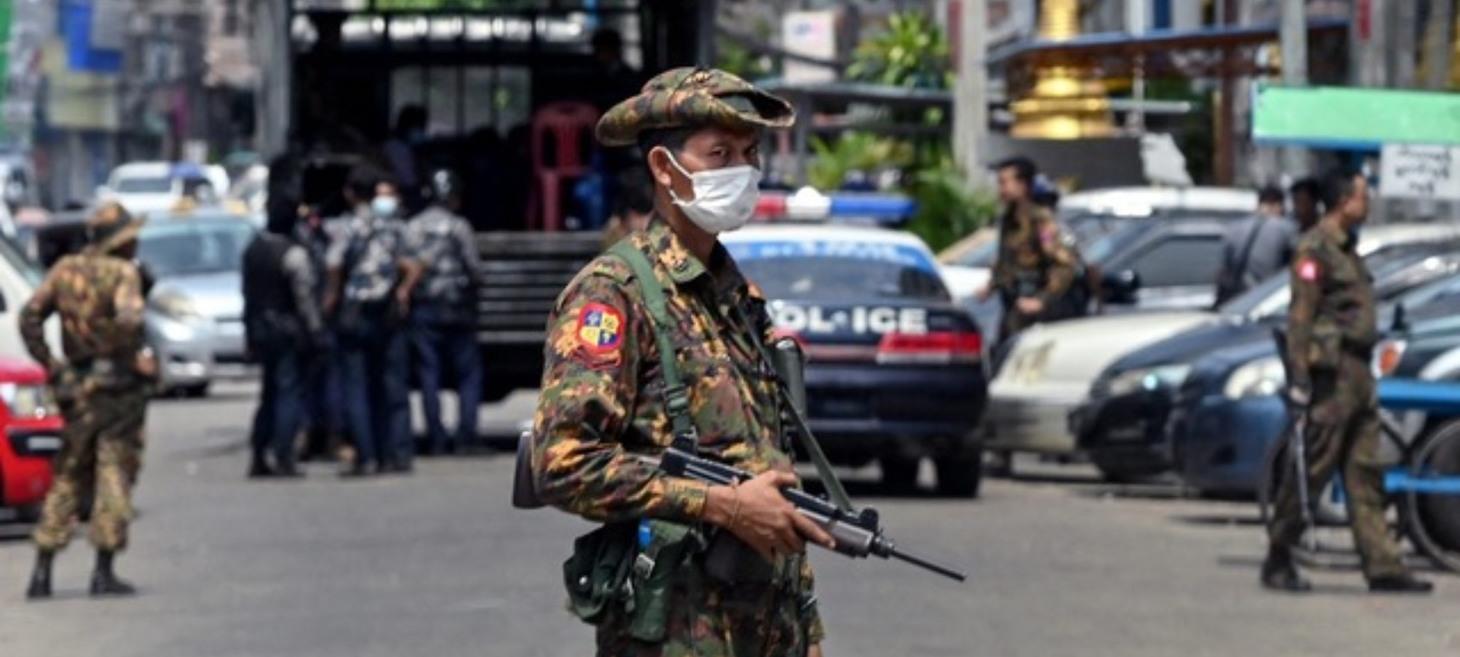
Myanmar Junta Searching Phones for VPN Use
The Myanmar military junta has intensified its crackdown on internet freedom by conducting searches for virtual private network (VPN) apps on smartphones in an attempt to curb access to restricted online content and communication platforms. Security forces are reportedly targeting individuals suspected of using VPN services to bypass censorship and access information banned by the military regime. This latest move underscores the junta's escalating efforts to control digital communication and suppress dissent, further restricting access to independent news sources and social media platforms amid ongoing political unrest in the country.
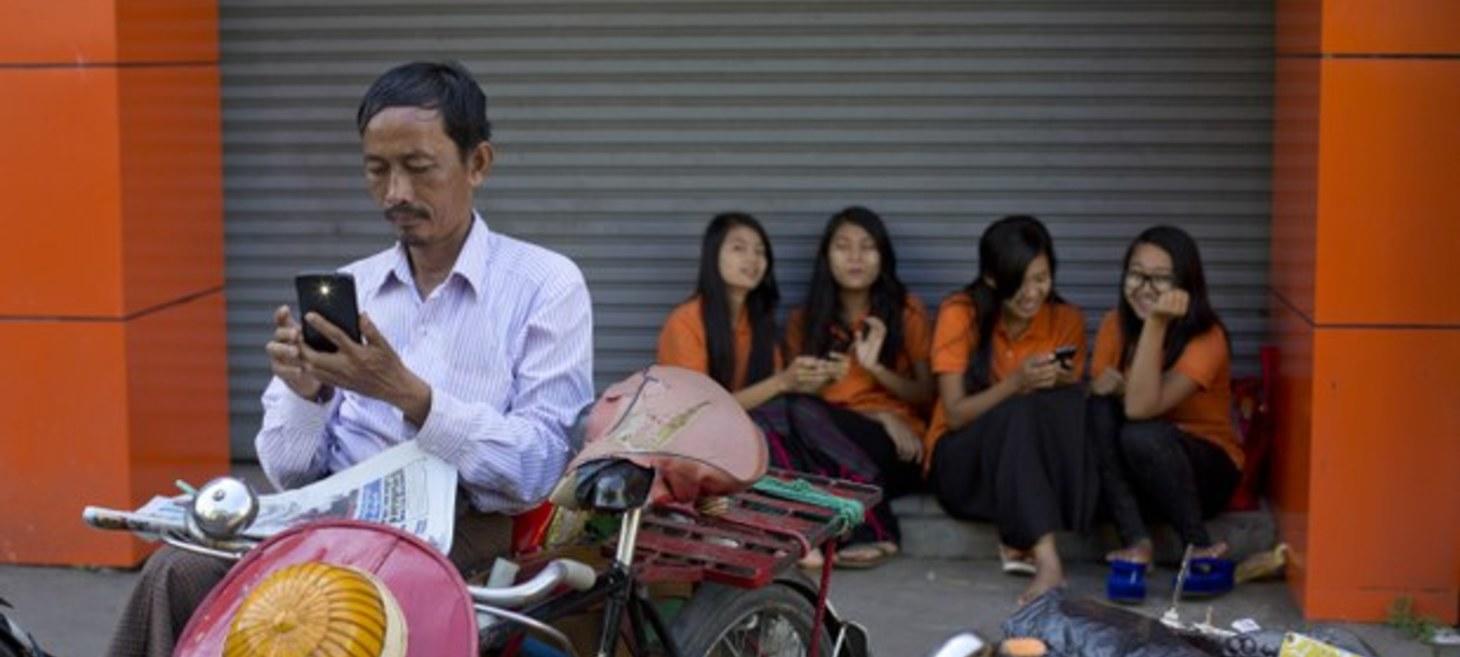
Myanmar junta imposes random searches for VPNs — Radio Free Asia
Junta soldiers have been conducting random phone inspections in Myanmar cities, searching for virtual private network (VPN) software following the regime's ban on VPNs to restrict access to restricted online content and social media platforms. Pedestrians in cities like Yangon and Mandalay are being targeted, with fines and potential arrests for those found using VPNs. The crackdown reflects the regime's broader efforts to control internet access and suppress dissenting voices, further hindering public access to alternate news sources and online platforms amid the country's political unrest and civil conflict. The ban on VPNs has had a profound impact on citizens' access to news and information, exacerbating the challenges faced in bypassing censorship and staying informed in a heavily censored digital environment.